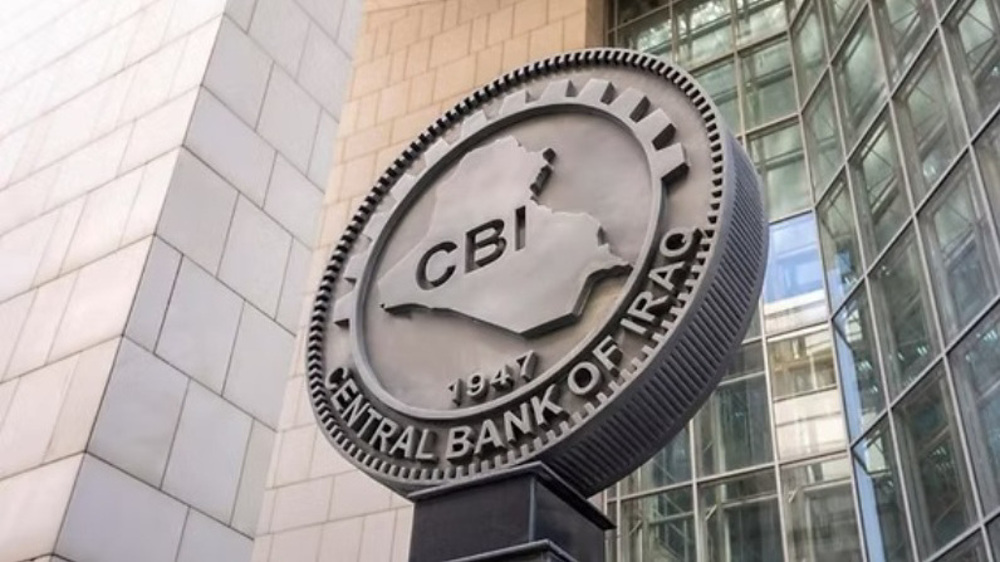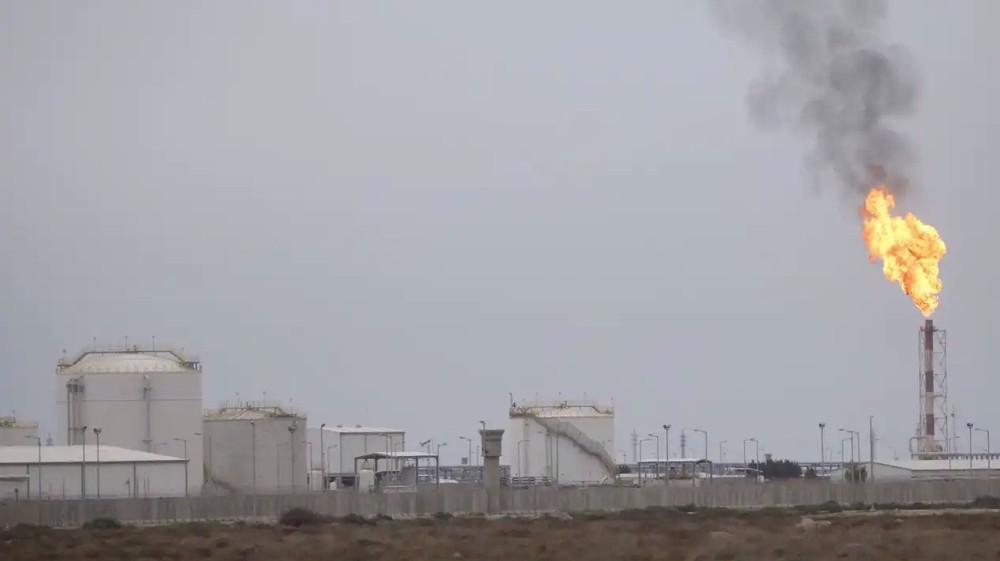ICC should open Izadi genocide case against Daesh: Ex-chief prosecutor
The ex-chief prosecutor of the International Criminal Court (ICC) says he has been asked by activists from Iraq’s Izadi community to help open a “genocide” case against the Takfiri Daesh terror group.
On Wednesday, Luis Moreno Ocampo told Reuters that the activists want the Takfiris to be brought to justice for the systematic massacre, rape and enslavement of thousands of Izadis in the Sinjar district of Iraq’s northern Nineveh Province.
“It’s a very clear case. It’s an ongoing genocide because there are still people in captivity,” said Luis Moreno Ocampo in the capital of Iraq’s semi-autonomous Kurdistan region, Erbil.
Ocampo expressed hope that a preliminary examination would be opened before November, paving the way for a formal investigation, and eventually, the arrest and conviction of the perpetrators.
The Iraqi government is not a signatory of the Rome Statute, the ICC’s founding treaty. However, it would have the right to investigate crimes committed by nationals of its 123 member countries.
Data released by different international organizations and rights bodies show several thousand foreign militants have joined the ranks of Daesh over the past months, many of them from ICC member states.
Officials in Iraq’s Kurdistan region had earlier submitted evidence of Daesh crimes to ICC, but the criminal court did not examine the case due to the jurisdiction issue.
Another way to facilitate such an investigation is for Baghdad to voluntarily give the ICC limited jurisdiction over Iraq’s Sinjar, mainly inhabited by Izadis, since August 2014, when Daesh terrorists took control of swathes of land in the Arab country’s northern and western parts.
Parts of Sinjar have been liberated by regional Kurdish forces, but most of the Izadi population is still displaced, living in camps in the Kurdistan region.
Ordeals of Izadis in Daesh captivity
In Daesh-held areas of Iraq, the terrorists are engaged in a widespread and highly-organized trade of Izadi women, who are bought and sold or given as gifts. Some 3,500 are estimated to be held by Daesh.

Meanwhile, witnesses say Daesh extremists are running a sex slave market in northern Iraq, where they sell Christian and Izadi women.
A young Izadi woman, identified as Jinan, talked to AFP on Wednesday about her sufferings after she managed to escape from Daesh’s captivity.
“They tortured us, tried to forcefully convert us. If we refused we were beaten, chained outdoors in the sun, forced to drink water with dead mice in it,” she said.
Jinan was captured by Daesh Takfiri militants in northern Iraq in early 2014, and held by the terrorists for three months before she managed to escape.
“These men are not human. They only think of death, killing. They take drugs constantly. They seek vengeance against everyone. They say that one day ISIS (Daesh) will rule over the whole world,” Jinan added.
In April, the UN envoy on sexual violence Zainab Bangura visited Iraq and Syria as well as Syrian refugee camps in Turkey, Lebanon and Jordan, and spoke to female victims, who had escaped from Daesh captivity, to gather testimonies regarding Daesh atrocities.
Teenage girls kidnapped by the ISIL Takfiri terrorists in Syria and Iraq are traded in slave markets “for as little as a pack of cigarettes,” Bangura said.
Many women and girls have also been forced to marry the terrorists under what the terror group calls ‘jihad al-nikah’ (meaning holy matrimonial war in Arabic) to justify its sexual violence.
The concept was first brought up in 2013 when a Whahhabi cleric in Saudi Arabia called on female supporters of Daesh to travel to Syria and offer themselves as wives to members of the terror organization, which is fighting the government of Syrian President Bashar al-Assad.
VIDEO | Art and civic imagination
Algeria moves to criminalize French colonial rule amid strained ties
Iran's cyber prowess: A strategic pillar of national defense and asymmetric power
Iran’s four-decade transport transformation
Jeffrey Epstein introduced Trump to 14-year-old girl, court documents reveal
Lebanese government offering free concessions to Israel: Lawmaker
US actions against Venezuela endanger peace, stability: Iran FM
Israel trying in vain to cover up blows suffered in Iran war: Top commander










 This makes it easy to access the Press TV website
This makes it easy to access the Press TV website